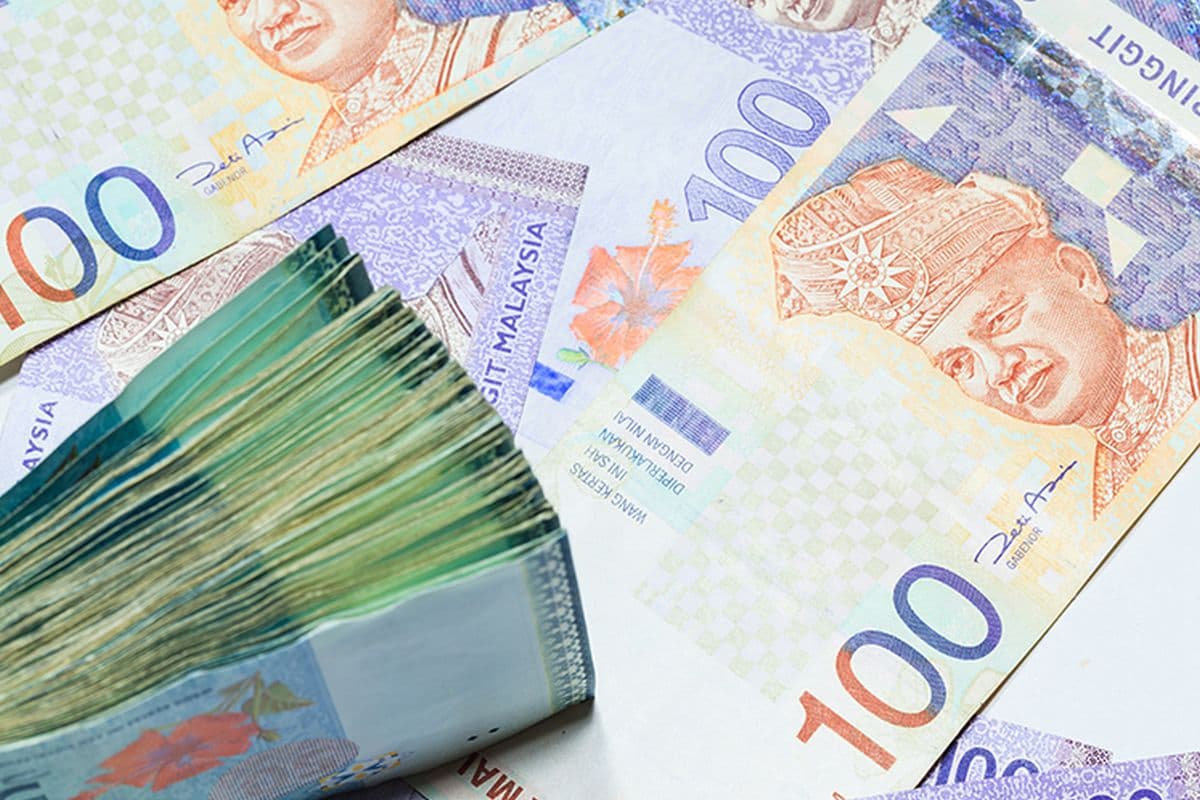
KUALA LUMPUR (May 27): The Malaysian ringgit is “remarkably undervalued” right now and provides some potential upside for long-term investors — if there can be more clarity on two matters, said DBS Group Research macro strategist Chang Wei Liang.
“The interesting point about the ringgit is that it was historically very strong prior to the great oil crash, mainly because (the nation's) current account and fiscal position were mainly supported by oil prices. Now we are back to the same scenario where oil prices are rising again but we have not observed the ringgit strengthening.
"And based on our model, that should be the case, right? Because commodity prices that favour exporter economies should lead to a stronger currency,” Chang said at 'DBS Group Research webinar: Inflation outlook and implication for assets'.
“It should theoretically be one of the best currencies to position into when inflation is on the rise,” Chang said.
“Markets may want to see further clarity on Malaysia’s fiscal position due to the risk that it might face a longer time period to bring its debt-to-GDP ratio to a comfortable level. The other reason is also to do with the fact that the Covid-19 situation is still looking challenging. That is probably hindering sentiment towards the Malaysian equity markets, and probably holding back the ringgit at this point,” he said.
“But from the longer term perspective, assuming the situation normalises, I would think that the fact that [the ringgit] is remarkably undervalued right now could offer some potential upside for the longer term investors,” he added.
DBS Group Research builds its own foreign exchange fair value exchange rates (DEER) valuation based on purchasing power parity (PPP), productivity differentials and terms of trade.
As at May this year, the research house, using this valuation method, sees the ringgit as among the most undervalued currencies versus other regional picks like Indonesian rupiah, the renminbi, Indian rupee and the Thai Baht.
Year to date, the ringgit has weakened by 2.85% against the US dollar, trading at 4.1403 at the time of writing. DBS Research sees the ringgit weakening further to 4.20 against the greenback in 3Q21, before rebounding slightly to 4.18 in 4Q21 and to 4.10 at end 2022.
On the fiscal side, Malaysia has revised its deficit target to 6% of GDP for the year from 5.4% previously, taking into account its numerous stimulus packages including PERMAI and PEMERKASA introduced in the first quarter to buffer its economy from the impact of the pandemic.
Today, Malaysia posted its third straight day of record high daily Covid-19 cases, at 7,857, bringing cumulative confirmed infections to 541,224, with actives — those carrying high transmission risks — rising for 11 straight days to 69,408 cases.
Meanwhile, the country's vaccination drive has picked up after a slow start in 1Q21, with the Government targeting 150,000 vaccinations a day from June onwards, from an average of 30,000 since the start of the programme. The highest daily vaccination recorded was 99,552 on May 25.
To date, over 11 million individuals have registered for their shots, of whom 2.6 million have received their first jab and over 900,000 have completed the two-dose vaccination.